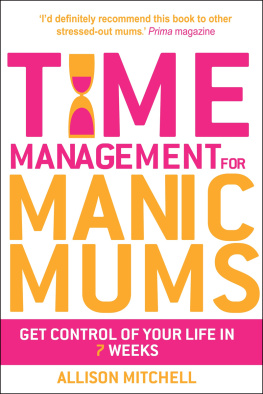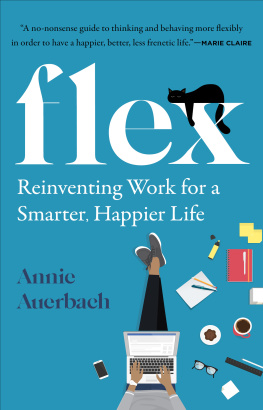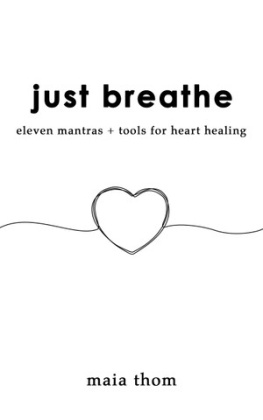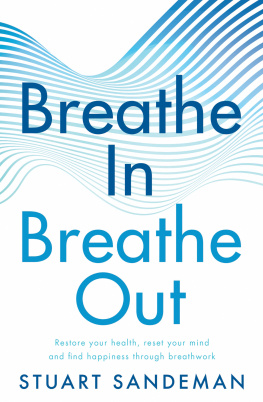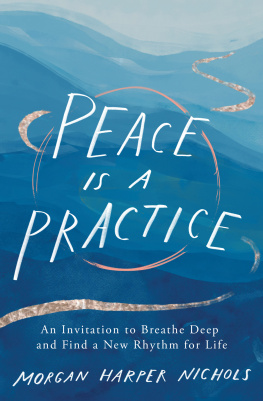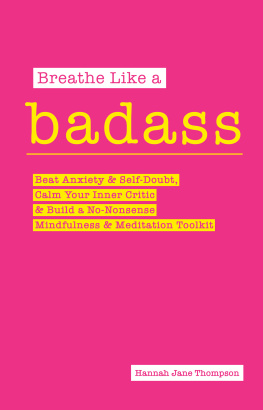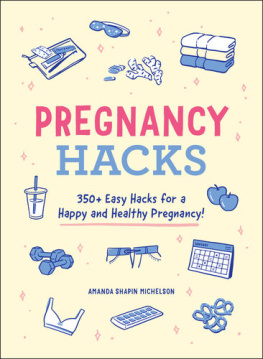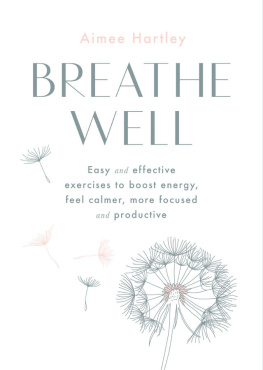

Contents
This book incubated over a long period, coming out of the many conversations I had with people who were struggling with over-pressurised lives, as I helped them to regain their emotional well-being and health. The insights I gained through my clinical work developed into my thoughts about resilience and how we can maintain our psychological health in challenging times. That led to sharing those ideas in practical ways in talks and workshops for a very wide range of audiences. But somehow the idea of writing a book seemed so much more daunting it felt like a very big leap.
There are a number of people whom I would like to acknowledge who have helped me to make this leap. First, my daughter, Becky, whose excitement and enthusiasm helped to create a bridge over this chasm that I was perceiving, by introducing me to Bloomsbury.
Second, my psychologist daughter Penny, who has been my research assistant throughout this project. I have very much enjoyed working with her and I have greatly appreciated our interesting conversations and her views on this challenging topic.
I am hugely appreciative of how Karen, my wife and partner in our practice, has encouraged and supported me throughout this project and how she has been immensely tolerant of my working on this book through weekends and my breaks from work last year. Our many conversations have helped shape ideas that have been blended into this book.
A big thank you to my daughter Toria and my son Henry for their enthusiasm and genuine interest in how this book was developing. They would certainly not have let me off the hook if the project had just petered out. All of these wonderful people contribute to my ability to let go of the pressures of my job and have helped me navigate the challenges of my own life with their perspectives and humour.
It has been an enormous pleasure to work with Charlotte Croft and Zo Blanc of Bloomsbury, with their encouragement, impeccable professionalism and judgement at all times. Zo read the manuscript so many times I wouldnt be surprised if she could recite whole chapters from memory.
Finally, I would like to thank the thousands of people whom I have met in my years of clinical work who have given me many more insights into human psychology than any conference talk or research paper has ever done.
My warmest thanks to you all.
Excerpts from Worldly Philosopher: The Odyssey of Albert O Hirschman by Jeremy Adelman, copyright 2014 Jeremy Adelman, used by kind permission of the author.
Excerpts from Janesville: An American Story, copyright 2017 Amy Goldstein, used by kind permission of the author.
There are many reasons why you might have picked up this book.
Are you struggling to make life work for you, feeling overwhelmed no matter how much you are doing and never feeling on top of all the demands on your time?
Do you feel that any reasonable balance to your life just time for yourself has completely drifted away as you struggle to keep on top of work demands and family pressures?
Have you drifted into habits like rushing home to see your children, making supper and then working for another couple of hours before you go to bed later than you would have liked, exhausted?
Have you been feeling that life is a struggle, that you are always tired, moody and irritable and less connected to the people in your life you care about?
I work as a clinical psychologist in London. The people I see come from all walks of life, but most are struggling with their work lives. They tell me about relentless pressures and constant change, leaving them feeling insecure; about working with difficult, over-demanding people in jobs that never end, with no clear boundaries to allow them to let go. Their home lives can also be demanding, coping with young children and often with others who are dependent on them. Most of these people are also very demanding of themselves, conscientious and anxious about letting themselves or others down. It is very easy for work and family demands to take up all the space so that any balance to life disappears; any time for yourself just isnt there.
It is amazing to think that in 1930 the economist John Maynard Keynes predicted that by 2030 living standards would have risen to allow people to work a 15-hour week, so that wed all be able to devote the rest of our time to non-work interests. For most of the people I see, the reality could not be more different from Keynes prediction. Many find that even by adding an extra 15 hours to a normal working week, they are still struggling to stay on top of everything they feel they have to do.
But we all need balance for energy; and if our energy drops, our mood, our work effectiveness, our happiness can all be compromised, and we find ourselves drifting along a gradual pathway that can eventually lead to ill health either physically or mentally. Depression, anxiety and burnout are the result. Countless numbers of people are already on this pathway: tired, not sleeping well, anxious and irritable, and often unaware of how long it has been since they felt really good about life.
My job is essentially to help people get back on track; to be more self-aware than they were before and to be mindful of a handful of things they need to do to keep the pressures in balance. At the end of the day, we all need a balancing system that is as strong or stronger than whatever pressures we are under. This balancing system, essentially our resilience, is not a quality we have but a set of skills we need to learn and maintain, to help protect our energy and mental fitness.
This book introduces you to the key building blocks that make up this balancing system. Today, more so than ever before, we need a refresher on the skills we require to navigate the complexities of our lives. You may well identify with many of the characters you will meet in this book, all of whom are struggling to make life work for them. You will come to recognise red flags to warn you that you have drifted off-track as well as the routines in your balancing system that are non-negotiable, while other things might drift away; and you will learn about what you can do to create boundaries and take control of your life. You will also find out about the subtle power of mental habits we all need to challenge in order to unlock the flexibility to make any of this work for us, rather than being held back by feelings of guilt or threat.
Everything in this book is practical, backed up by the evidence that supports the skills that contribute to our mental well-being. The ideas in this book are tested daily in the clinical work I do with my clients, who are looking for tools to navigate their lives better. And, to be honest, they are backed up in my own life, which has had its challenges and without following the ideas I am advocating here, I might well have drifted down a pathway taking me to an unhappy, tired-out place.
This book will also make you think about what you pass on to others. If you are managing or supervising others, you create a microculture that has an impact on the mental well-being and happiness of your team, as well as on their work effectiveness. If you are a parent, the ideas in this book can be turned into healthy conversations with your children to help them navigate the conflicting pressures they are under.
Read on to build the foundations for a healthier, happier, more energised and balanced life regardless of the type of work you are doing.


